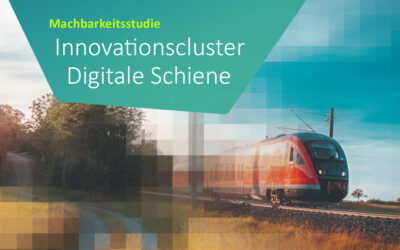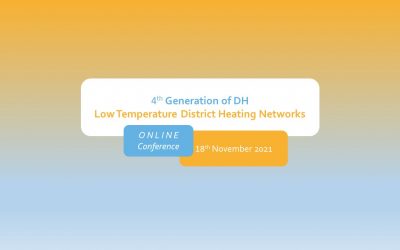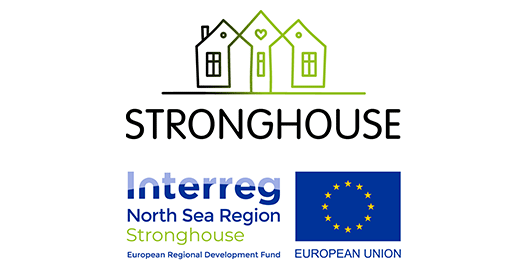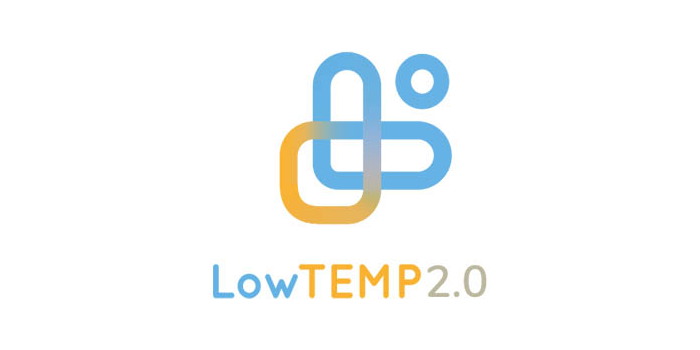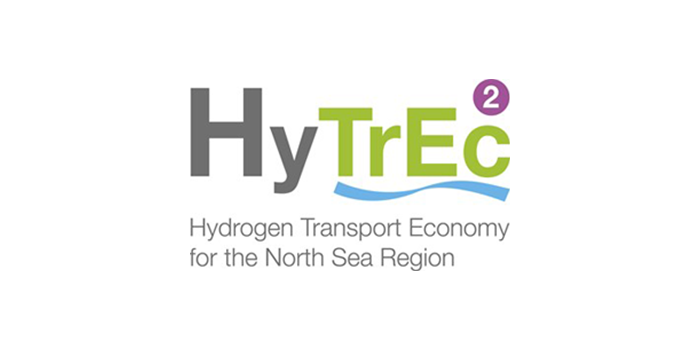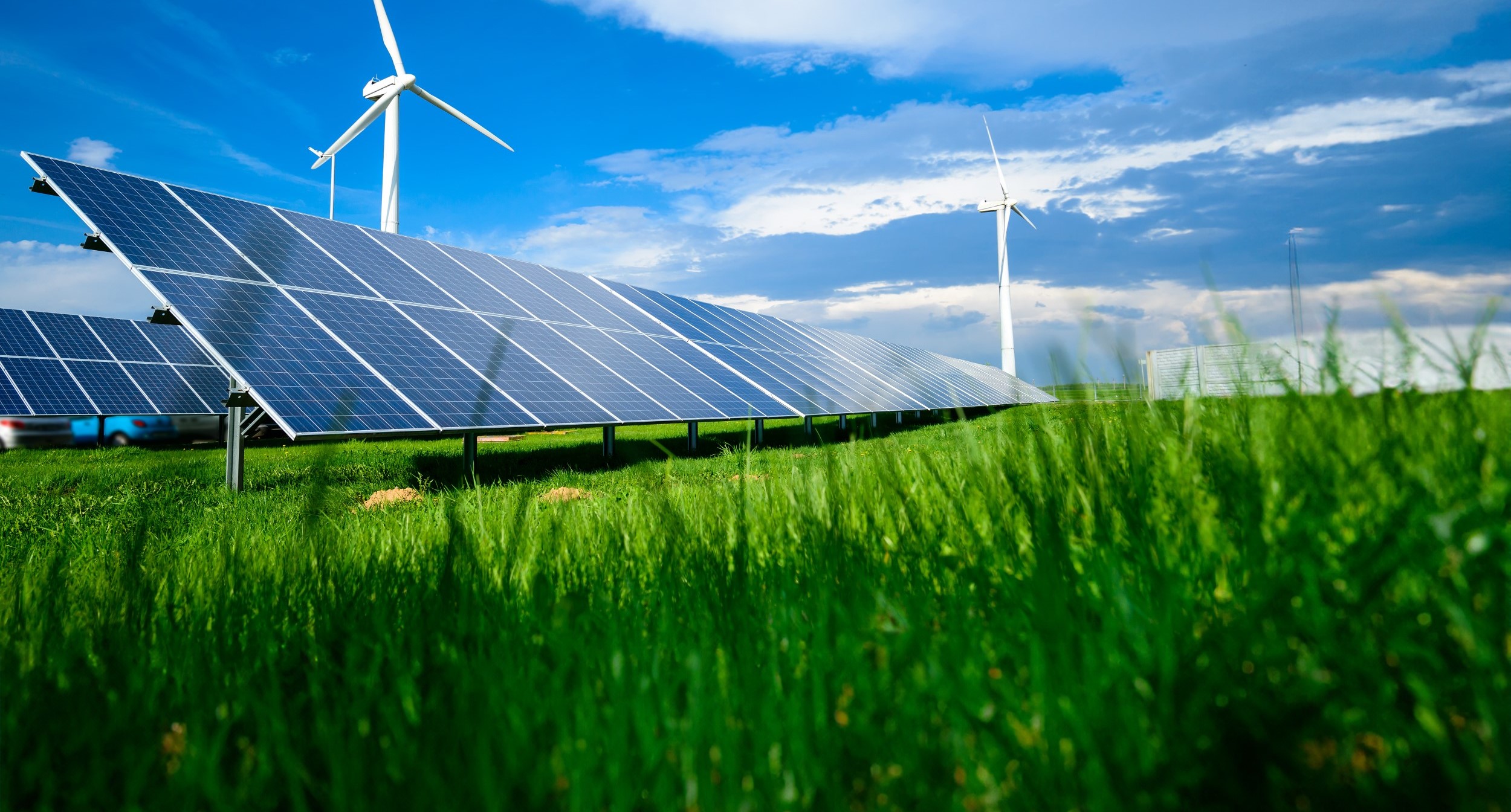
Energy
For a long time, technologies based on fossil fuels have dominated the transportation and energy sector. Further developing alternative approaches, freeing them from their niche existence and giving them the necessary attention is a challenge that must be mastered if the energy transition is to be implemented successfully.
aconium GmbH accepts this challenge and sees it as its task to strengthen the use of renewable energies, which can bring considerable economic and ecological benefits. We are implementing this by identifying and investigating structural obstacles as well as regional potentials in the development and use of renewable energies as alternative fuels in urban and rural areas and developing practical solutions.
Articles on the subject of energy
Successful structural change through cooperation in clusters
Workshop for a digital rail innovation cluster in the Rhenish mining area successfully completed The extensive and intensive participation process for the development of a feasibility study for the Digital Rail Innovation Cluster ends today with a workshop in the...
District heating is not only sustainable, but also exciting!
This message was conveyed to the approximately 100 participants of the virtual closing event of the Interreg Baltic Sea Region project LowTEMP 2.0 with a series of exciting presentations on the fourth generation of district heating systems.The online...
2IMPREZS Midterm Conference: Energy-saving measures for schools
With its project approach, the Interreg North Sea project 2IMPREZ shows how you can contribute to shaping the energy transition in your region in order to save energy and reduce carbon emissions.2IMPREZS has developed a practical approach to reduce energy...
Projects on the topic of energy
Stronghouse had set itself the goal of reducing the ecological footprint of 15,000 homes in the North Sea region, generating 100 million euros in investment and …
The aim of the LowTEMP 2.0 project was to strengthen and expand capacity building for low-temperature district heating networks in the Baltic Sea region. With the transfer of knowledge …
The main objective of the HyTrEc 2 project is to create conditions under which the FCEV market can develop and the North Sea region can become a competence region for fuel cells.

